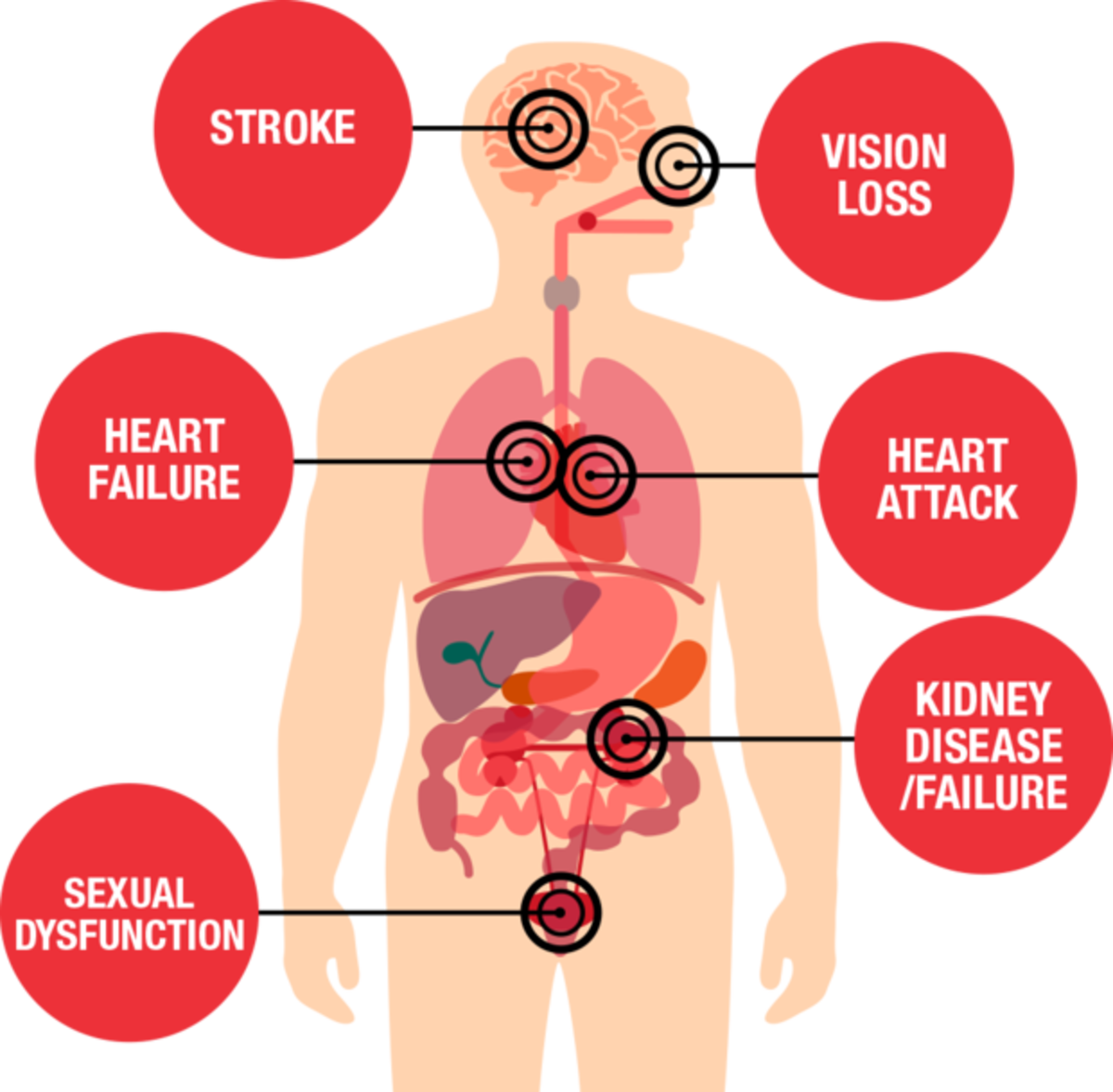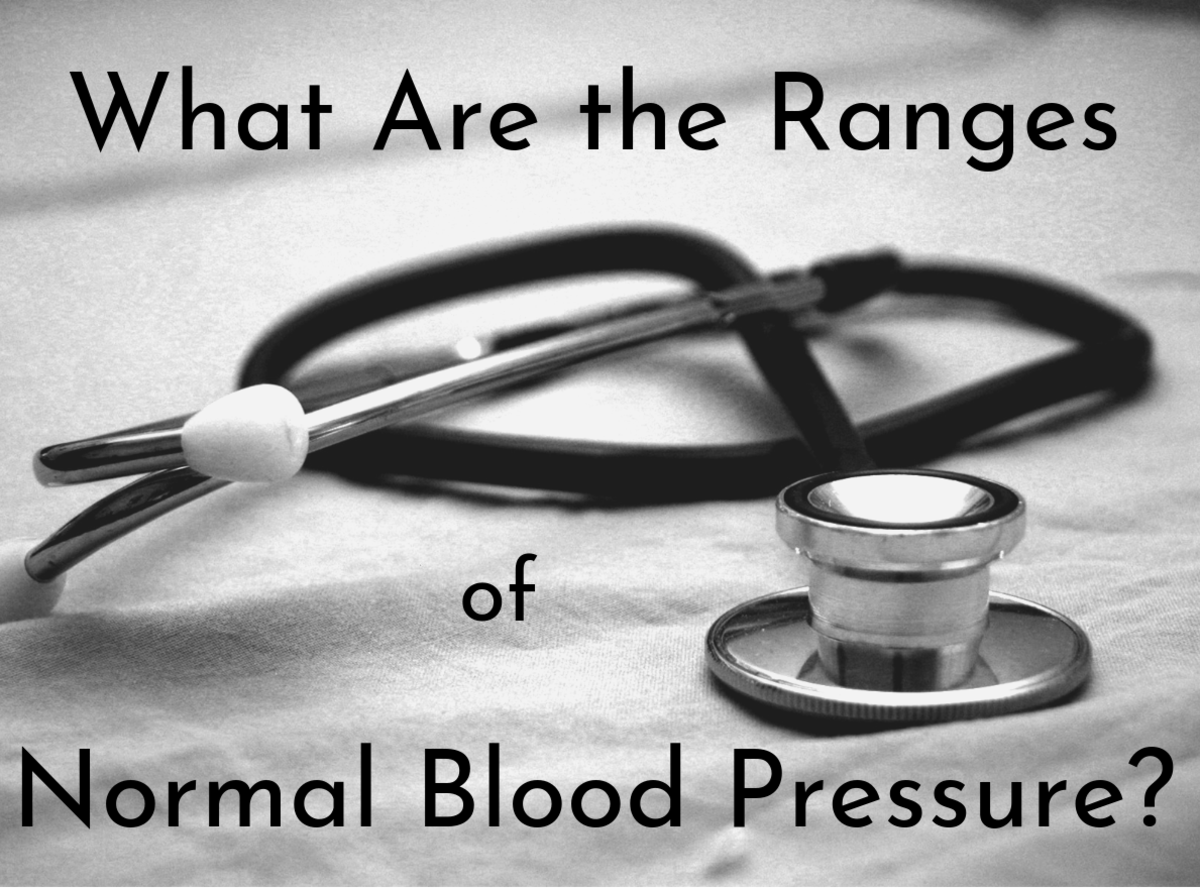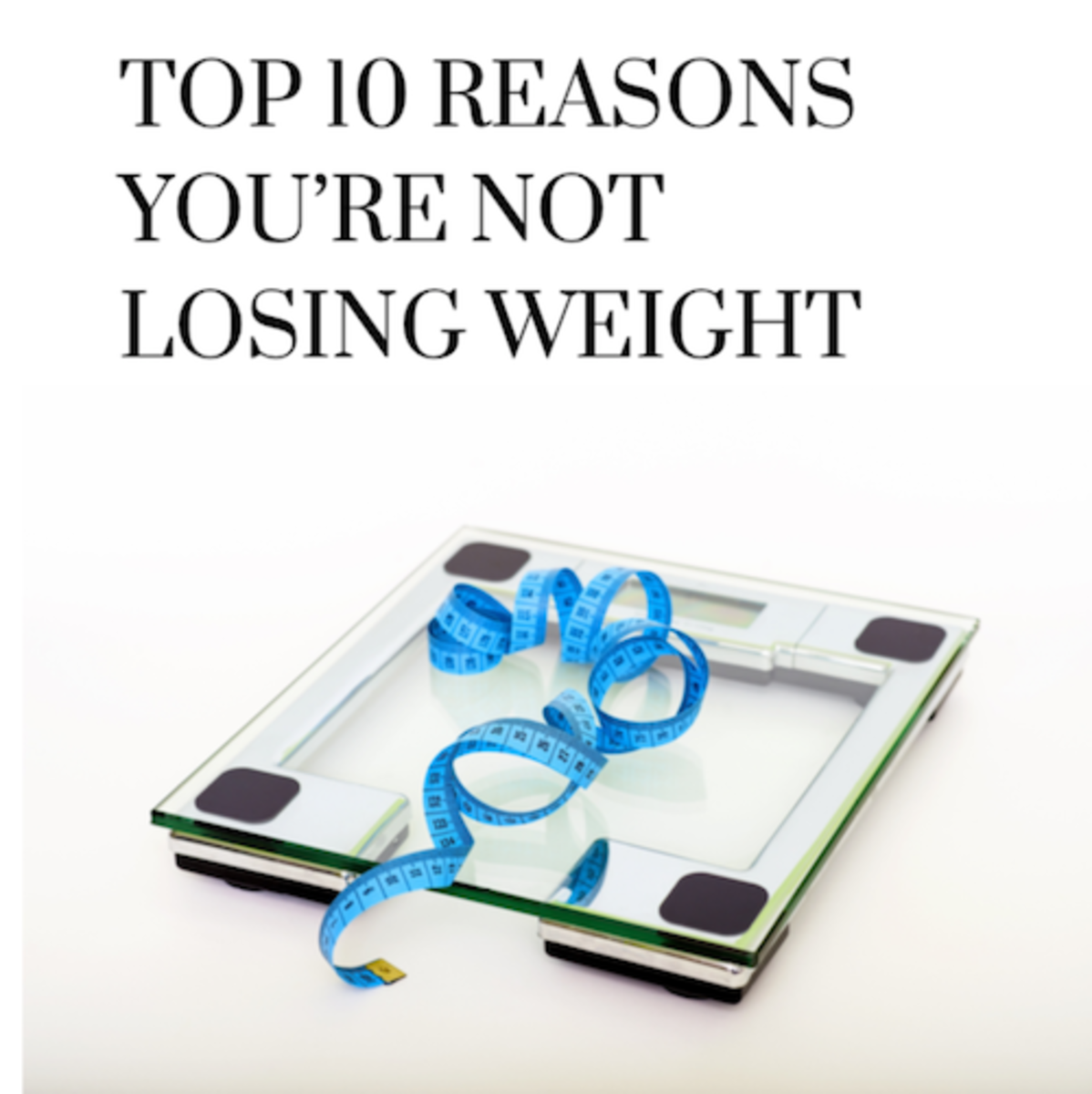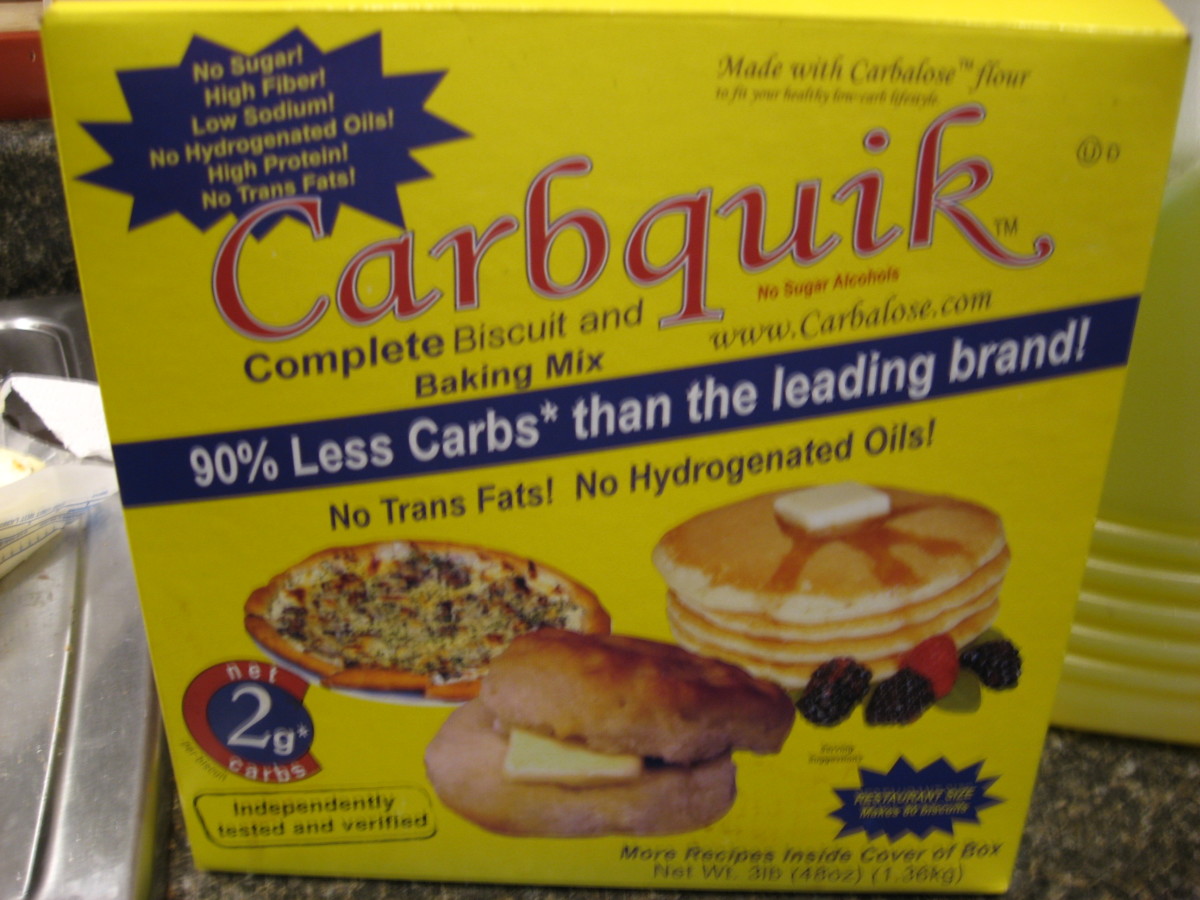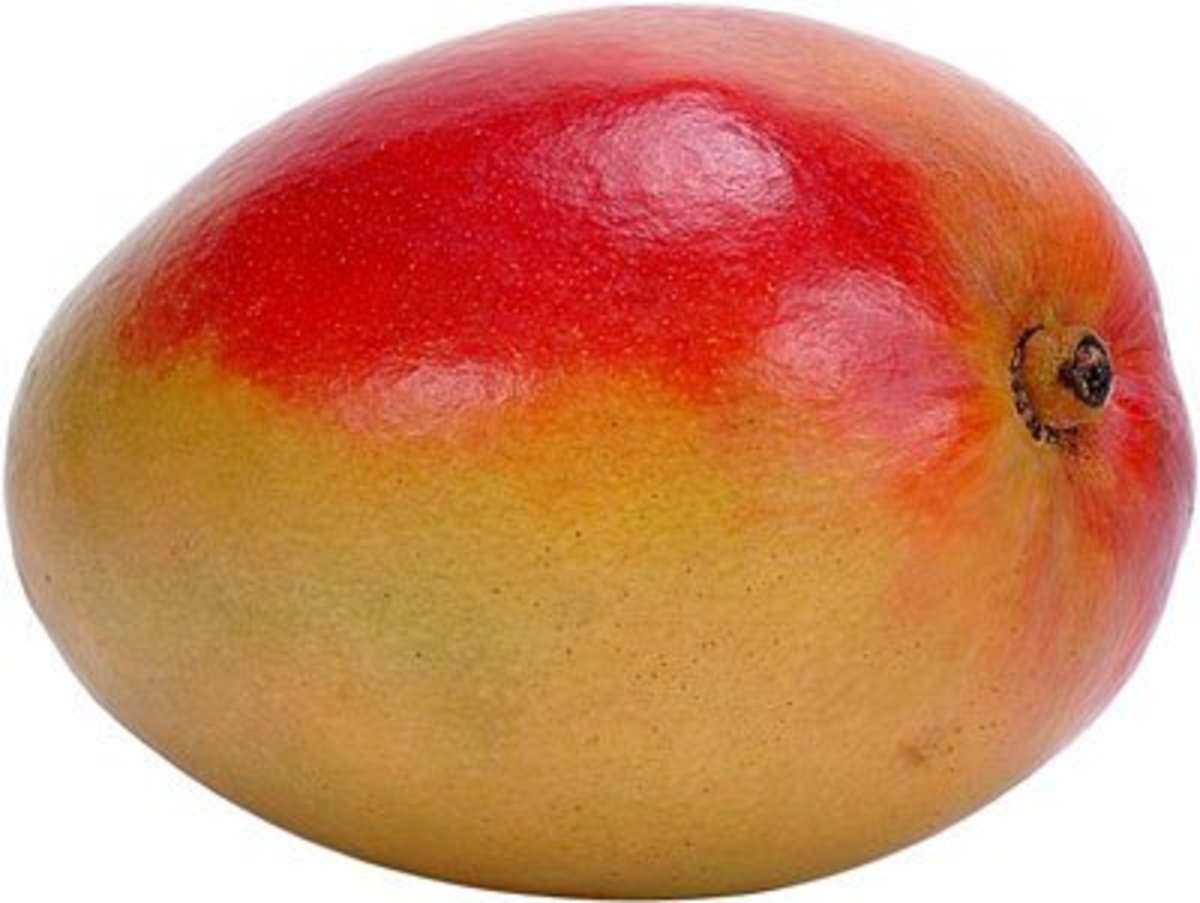6 Reasons Eating Too Much Salt Is Dangerous
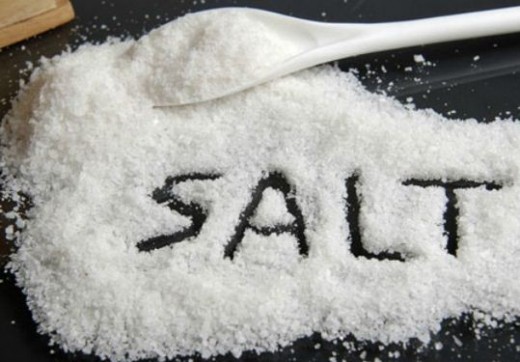
Why Too Much Salt Is Dangerous For Your Health
Salt is an essential ingredient in many foods that we eat. There are certain foods which would virtually have no taste without adding salt to them. Salt or sodium adds taste to our food. And for some types of foods, the more salt one adds to them, the tastier they become. This is the reason why many people gradually become addicted to salt.
But like the old adage goes: “too much of everything is bad”. Certainly too much of salt in your diet is extremely bad for you. You must have heard this statement countless of times by health experts. Salt or sodium is good, but do not eat too much of it if you want to live a healthy and longer life.
In this article we are going to take a look at 6 major reasons why eating too much salty foods is extremely dangerous for your health.
Below are the reasons why constantly eating a high sodium diet is very dangerous for you:
Hypertension or high blood pressure risk
One of the biggest dangers associated with constantly eating foods that are high in salt or sodium is the risk of developing hypertension. Hypertension or high blood pressure occurs when your blood volume becomes very high and causes your blood pressure to become very high. Hypertension is a very dangerous condition as it can easily lead to stroke or heart attack.
Why does eating too much salt cause hypertension?
According to doctors, high sodium diets can easily lead to hypertension because too much sodium or salt in the body causes the body to retain a lot of water. This leads to an excessive amount of water molecules finding their way into your blood vessels. When these water molecules enter into the blood vessels, they automatically increase the blood volume. Once the blood volume is increased dramatically, the blood pressure is also high. This is basically how too much salt or sodium in the body leads to the deadly medical condition known as hypertension or high blood pressure.
Studies have shown that people who consume more high-sodium diets increase their risks of having high blood pressure by as much as 50 percent.
According to Heart.Org, high blood pressure is one of the major causes of death in women in the United States. According to them, high blood pressure kills more women in the United States than breast cancer.
Kidney damages
Another major health risk of eating too much salt is the fact that it can cause damage to your kidney. According to health experts, the more sodium a person consumes on a daily basis, the more his or her chances of developing kidney issues.
When you eat too much salt, the body of course does not use all of the salt you have consumed. The excess salt which is not needed by the body and has no place to go ends up in your urine. According to health experts, this places an extraordinary load on the kidney’s filtration system as it is forced to work harder. The higher the filtration load that your kidney undergoes, the more likely the kidney is to develop crystals or kidney stones and get damaged.
Also, high blood volume coupled with a high blood pressure puts more pressure on your kidney and damages the kidney gradually.
Enlarged heart
Eating too much salt can also cause your heart to get abnormally enlarged to the point where it becomes extremely dangerous for your health and can even be fatal.
As was explained above, the more salt that you eat, the more blood volume you are going to have. And when your blood volume becomes very high, this means your heart will be forced to work extra harder in order to pump the excessive blood all over the body. As your heart keeps working too hard, the heart muscles gradually begin to get abnormally enlarged.
When your heart becomes enlarged, it no longer functions as it used to. It basically becomes weaker and normally leads to issues such as severe pains in the chest, fatigue and even breathlessness. Here, the least thing you do gets you very exhausted.
When things become worse, the enlarged heart can lead to cardiac arrest or even a heart failure.
Osteoporosis risk
When you consistently consume foods rich in sodium, you expose yourself to developing a condition known as osteoporosis.
What is osteoporosis?
This is the condition in which the bones in your body become very weak and break easily. Eating too much salt can easily increase your risk of developing osteoporosis. This comes about as a result of your body being unable to fully absorb and make use of calcium because it has too much sodium in it. Calcium, as we all might know, is very essential for strengthening our bones. And once the body is deficient of it then the bones become very weak and easily breakable.
Cancer of the stomach
Believe it or not, when you frequently eat diets very high in sodium, you increase your risks of suffering from cancer of the stomach.
According to health experts, the reason a person can get stomach cancer from constantly eating too much salty foods is because too much salt in your system contributes towards acid refluxes, which will lead to heartburn. But too much acid reflux means you have a lot of acid in your stomach which is bad news for your digestive tract. This can lead to gastric ulcers and even cancer of the stomach, according to numerous studies.
Abnormal swellings of the body parts
Frequently eating too much salty foods can also make a person to suffer constantly from swollen body parts – especially swollen feet and ankles. The reason this comes about is because when you have excessive sodium or salt in your body, it causes your tissues to have more water content. And the more water your tissues have, the more bloated and swollen you are going to become. More often than not, the swelling happens in the lower parts of the body. This is the reason why some of the very common symptoms that a person who eats too much salt suffers from include swollen feet and ankles.
Remember that salt is good only if you eat it in moderation.
Source
Heart.org

Bottom line:
Stay away from the consumption of too much salt if you want to live longer and healthier. According to experts, the required amount of salt that a person should eat on a daily basis is 1,500 miligrams or less. Once you go beyond this, then you are said to be consuming too much sodium.

